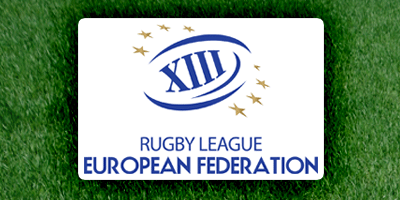 The RLEF has published its 2016 annual report focussing on increasing participation numbers, strengthening the membership and building a more corporate body.
Twelve members, including seven of 10 Full Members, recorded participatory increases, with Jamaica the most productive. Across all competitions, the JRLA completed 138 domestic matches, com
The RLEF has published its 2016 annual report focussing on increasing participation numbers, strengthening the membership and building a more corporate body.
Twelve members, including seven of 10 Full Members, recorded participatory increases, with Jamaica the most productive. Across all competitions, the JRLA completed 138 domestic matches, com RLEF Annual Report Shows Further Growth
 The RLEF has published its 2016 annual report focussing on increasing participation numbers, strengthening the membership and building a more corporate body.
Twelve members, including seven of 10 Full Members, recorded participatory increases, with Jamaica the most productive. Across all competitions, the JRLA completed 138 domestic matches, com
The RLEF has published its 2016 annual report focussing on increasing participation numbers, strengthening the membership and building a more corporate body.
Twelve members, including seven of 10 Full Members, recorded participatory increases, with Jamaica the most productive. Across all competitions, the JRLA completed 138 domestic matches, com 